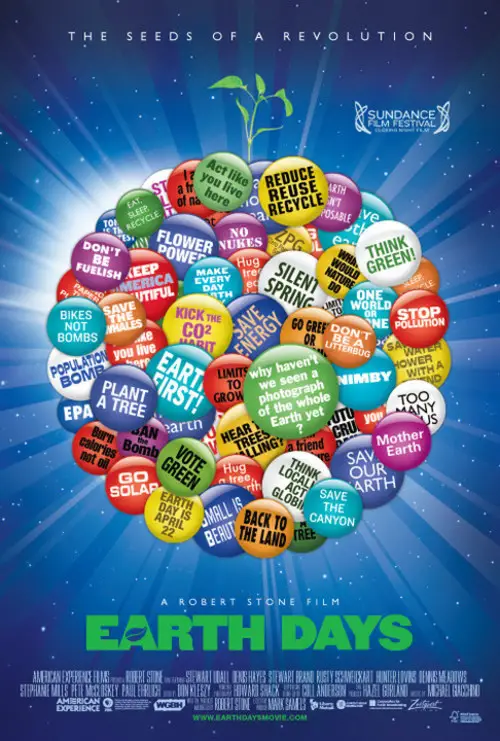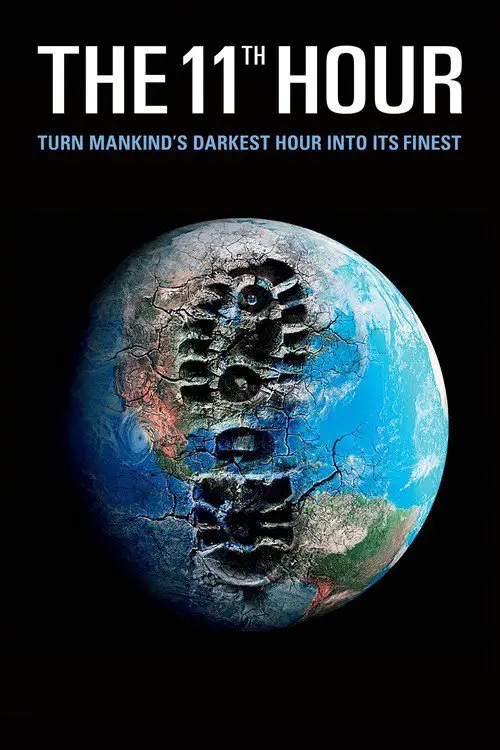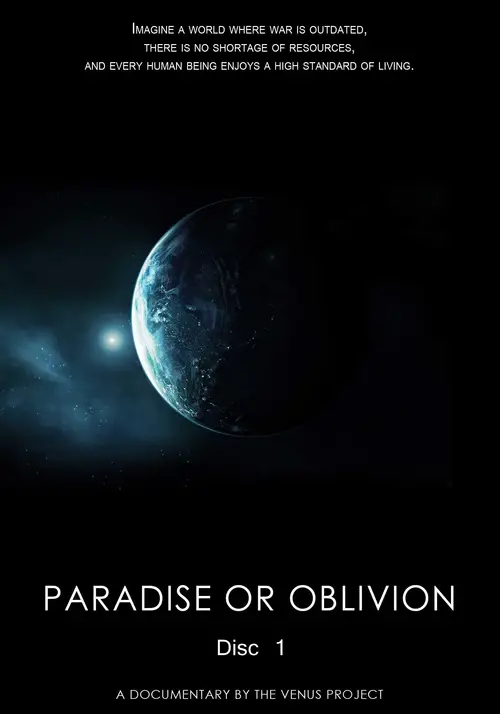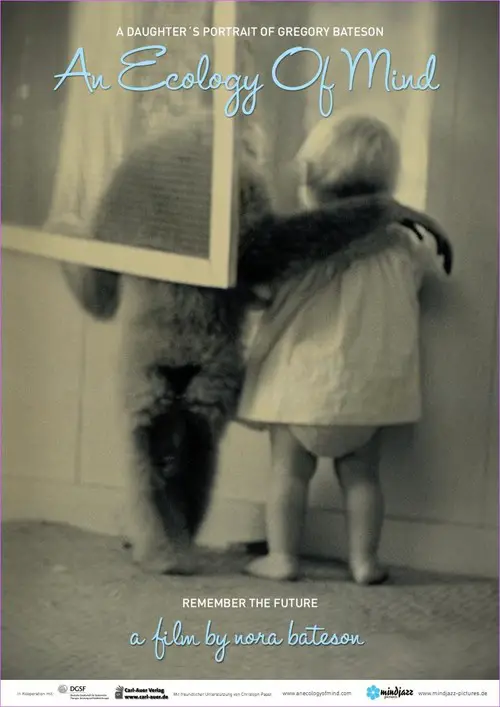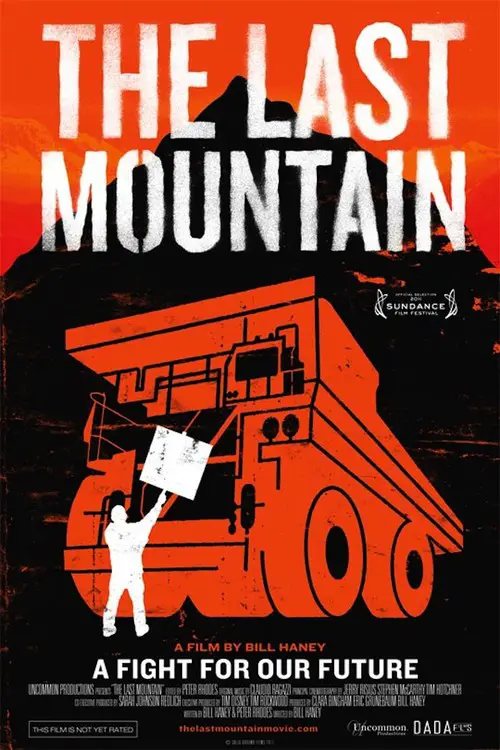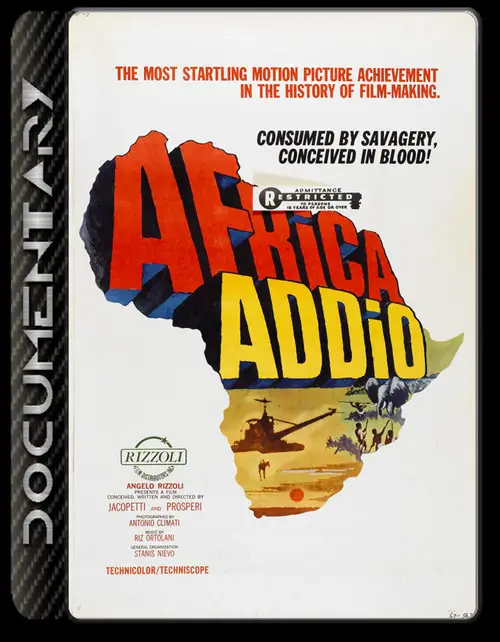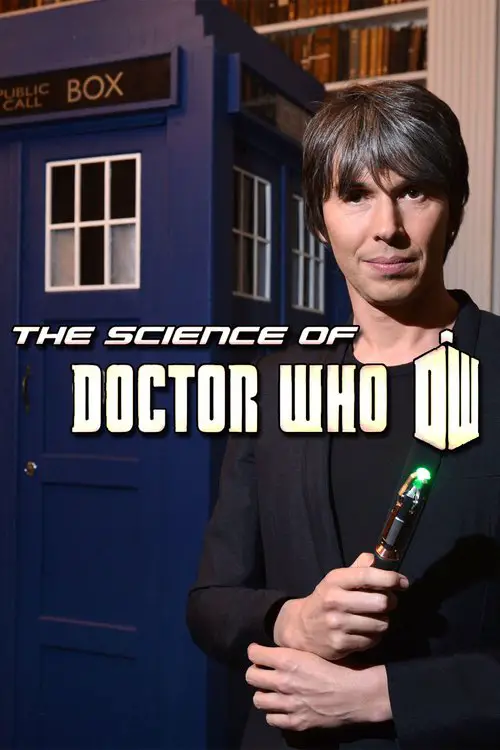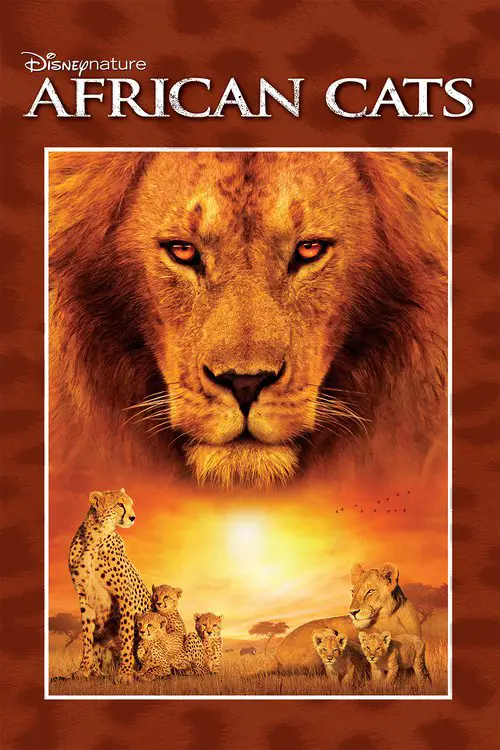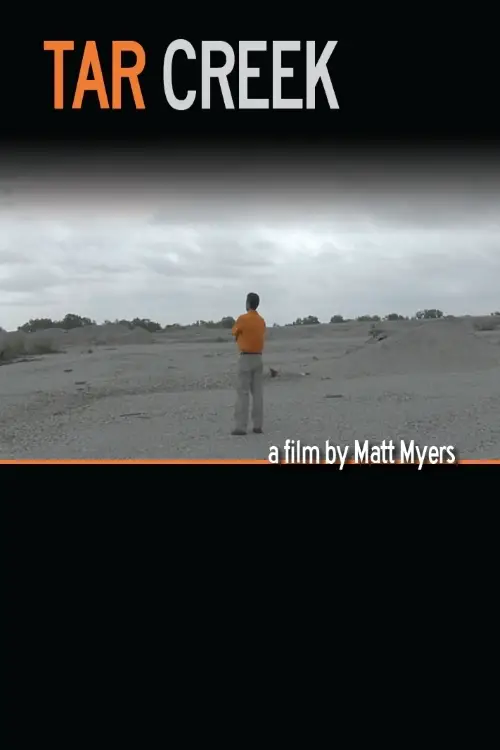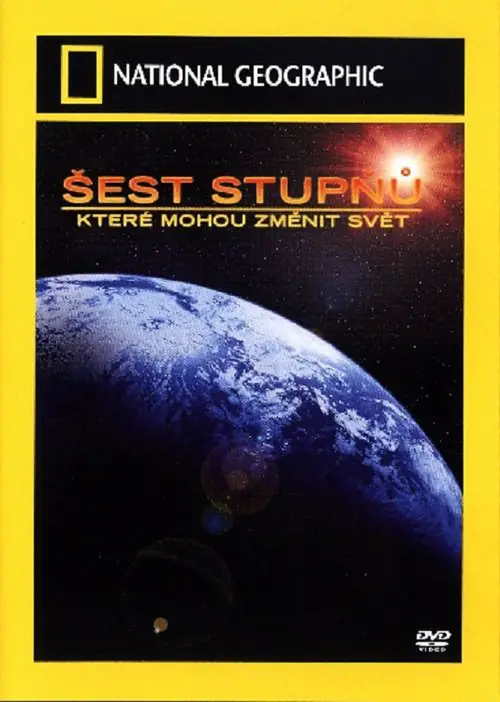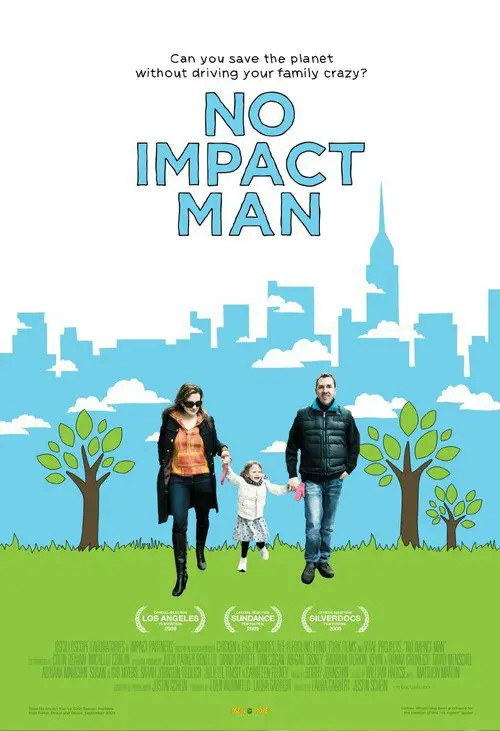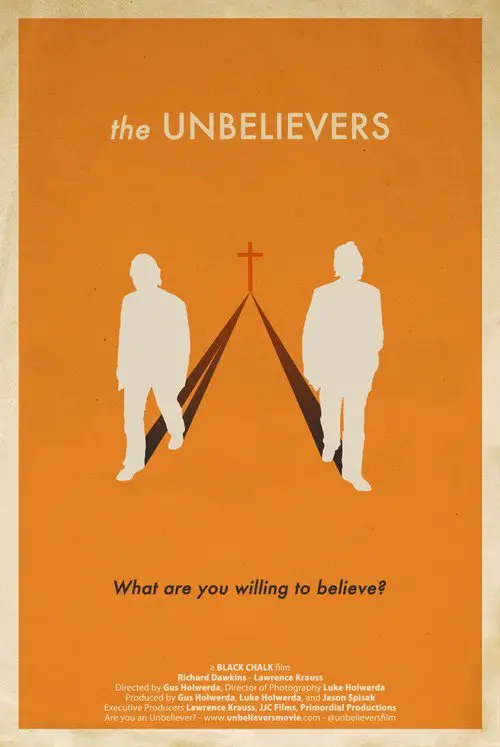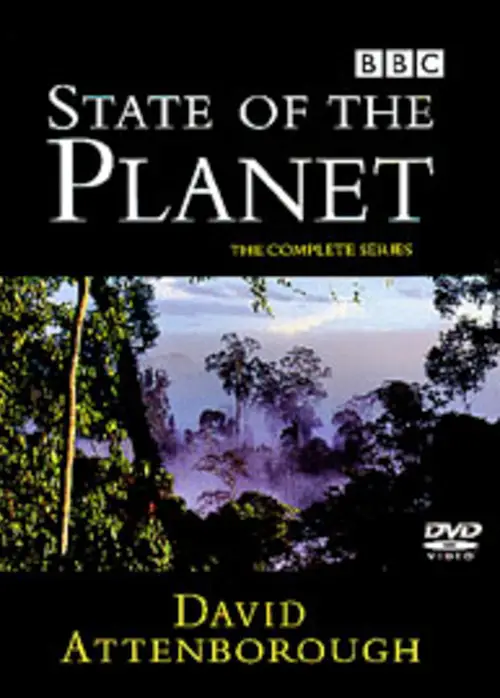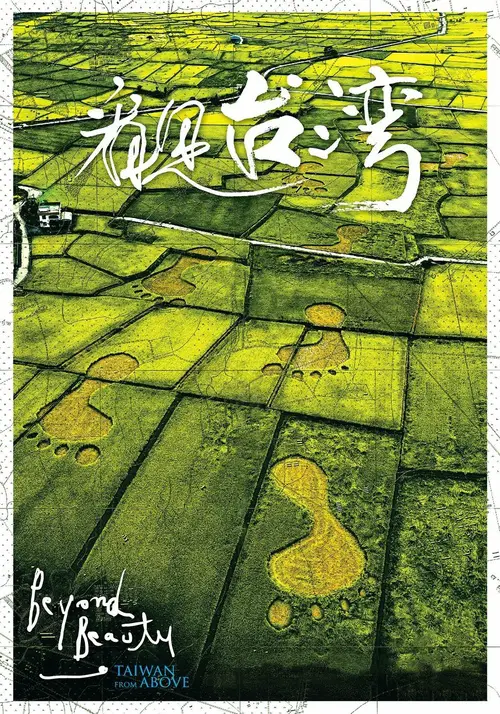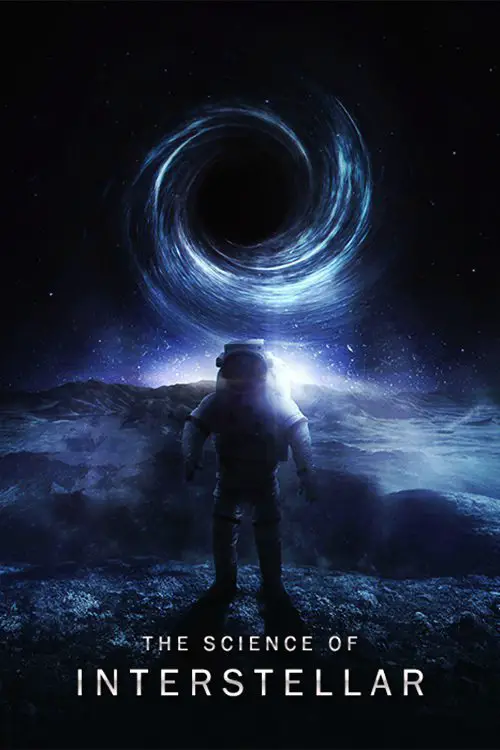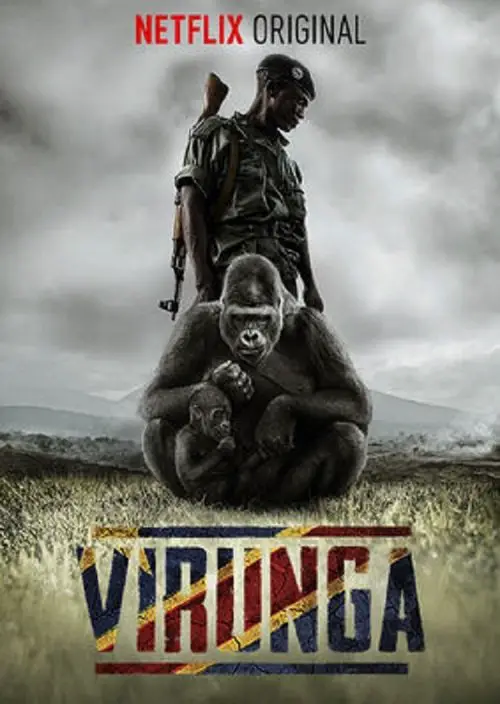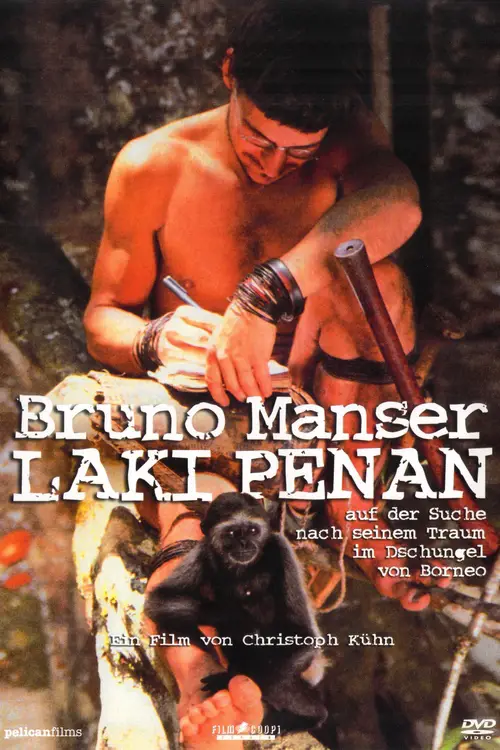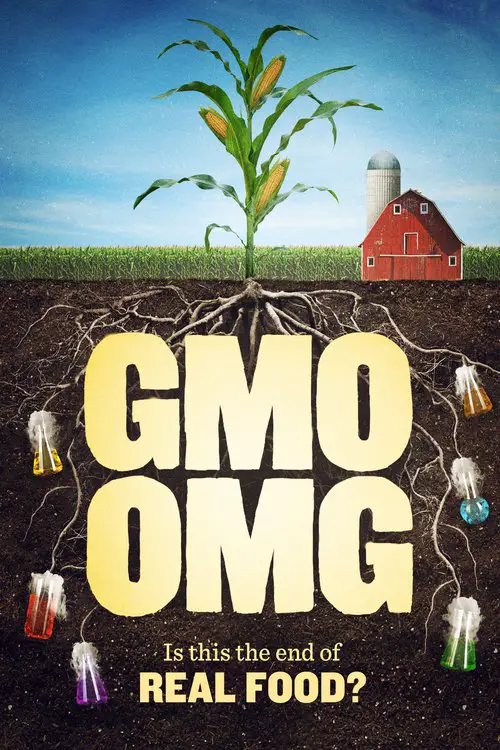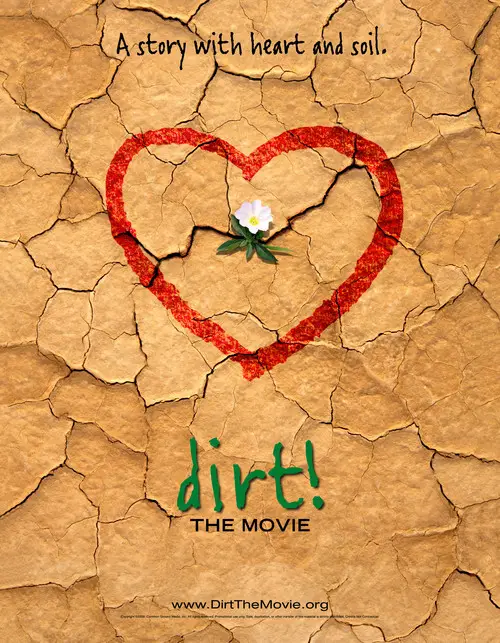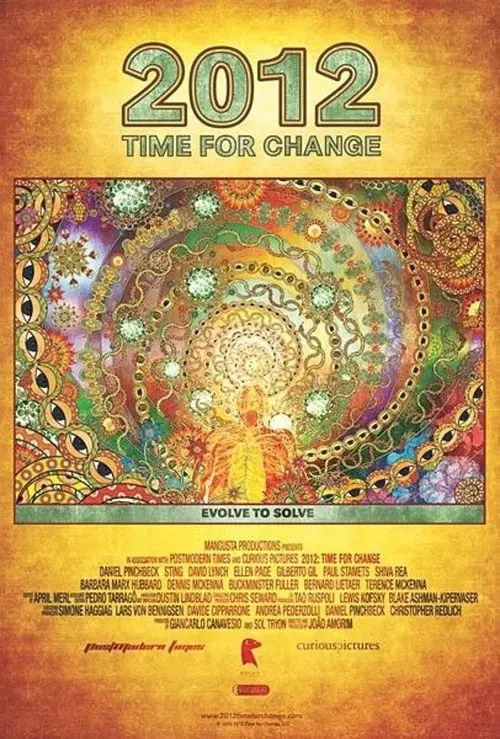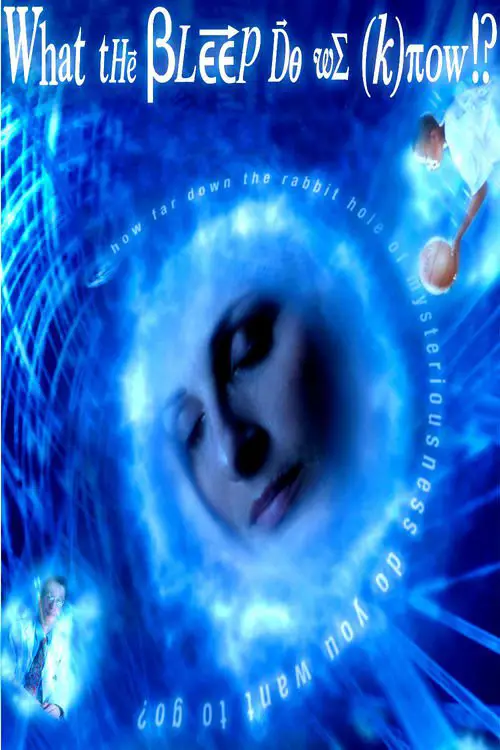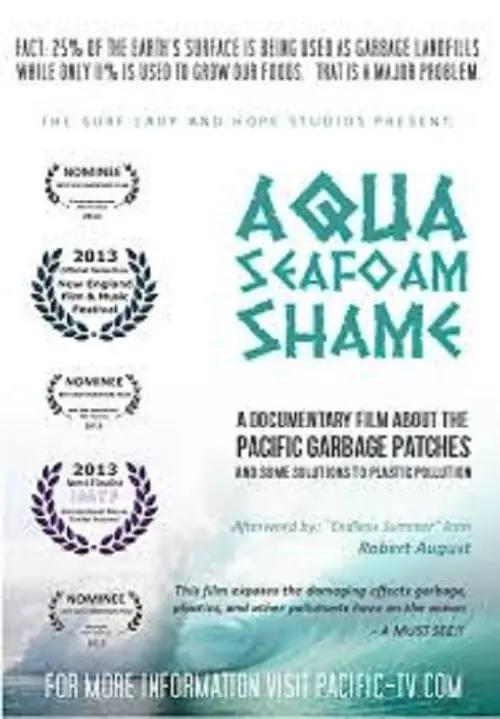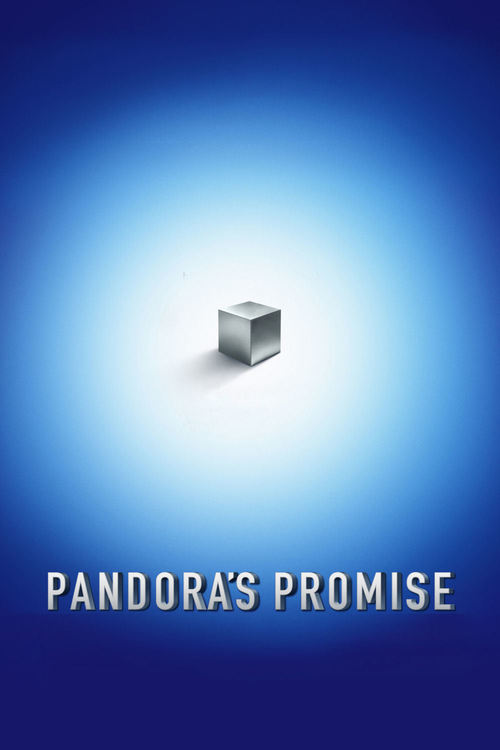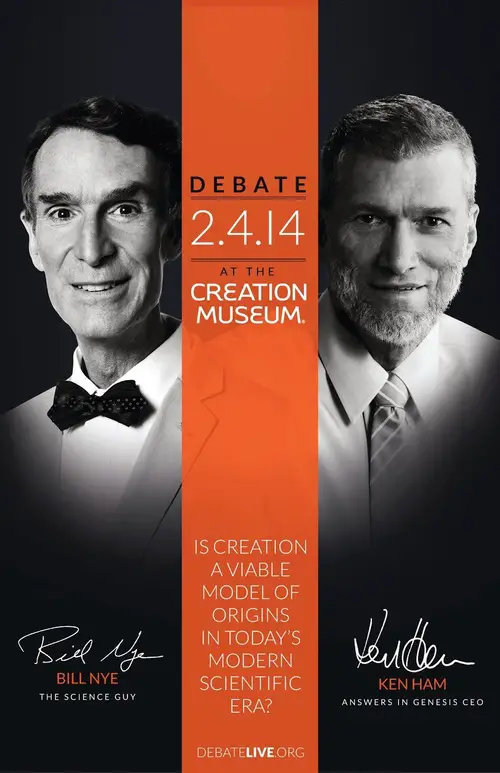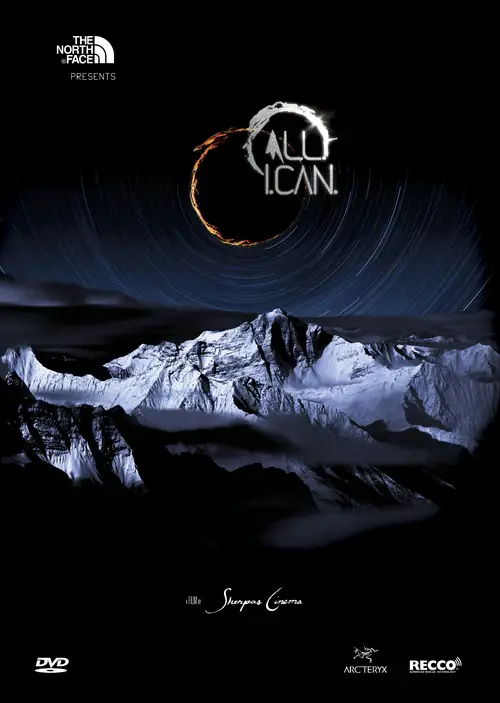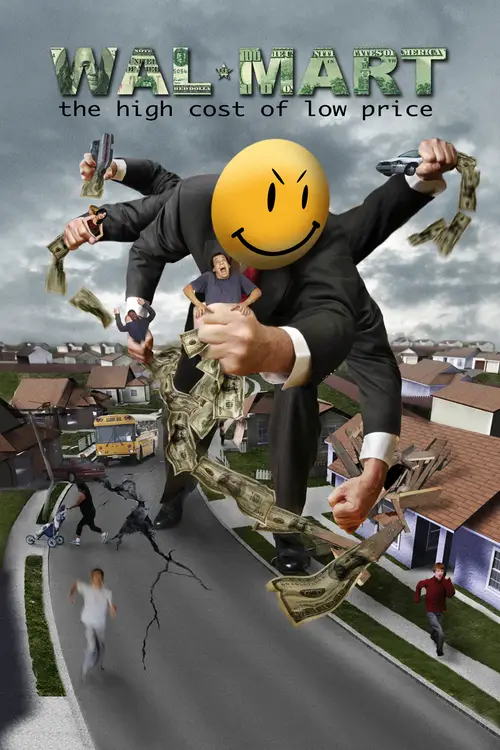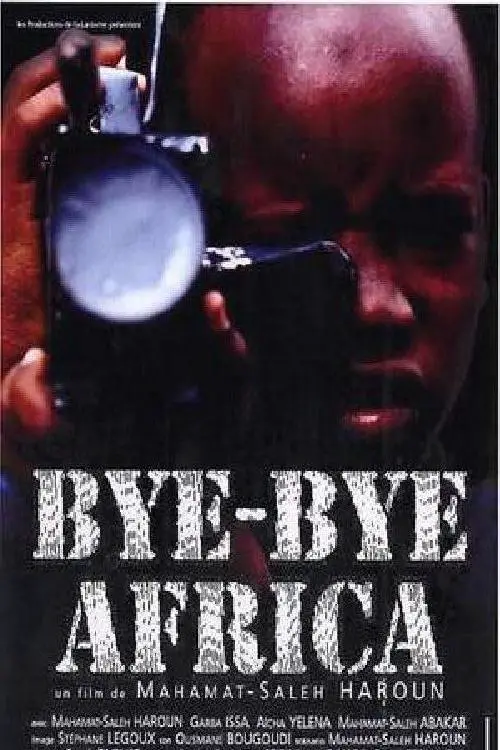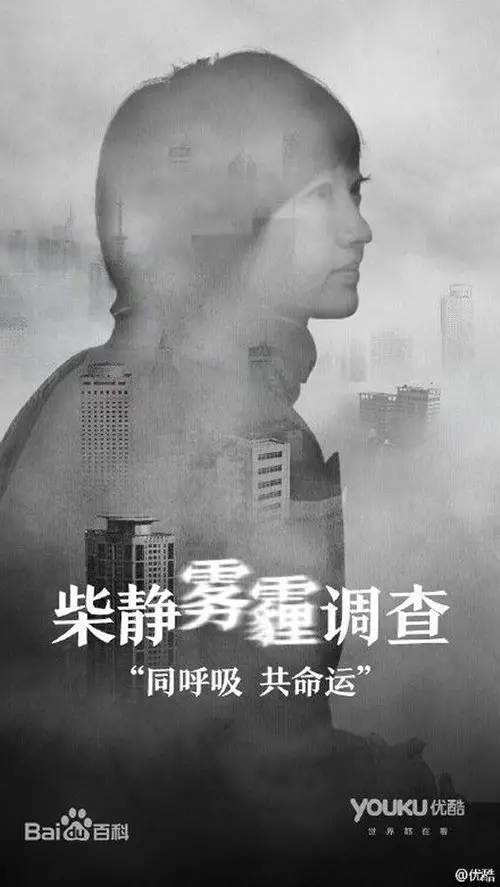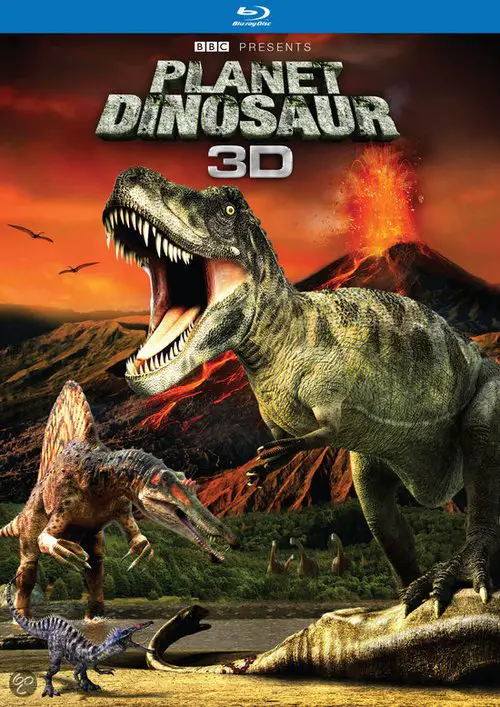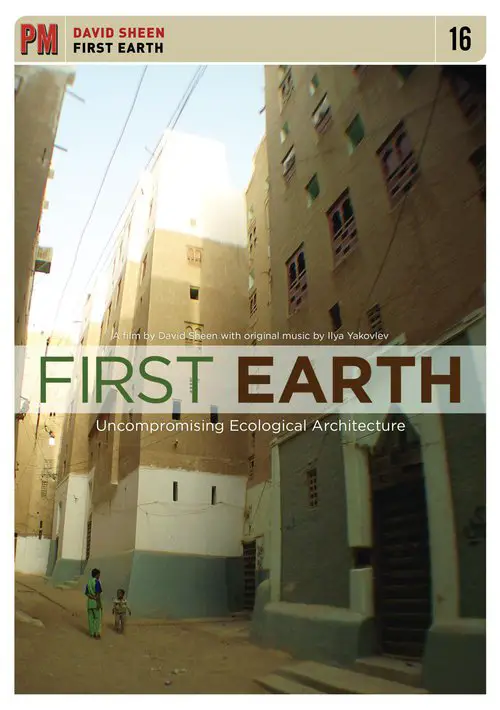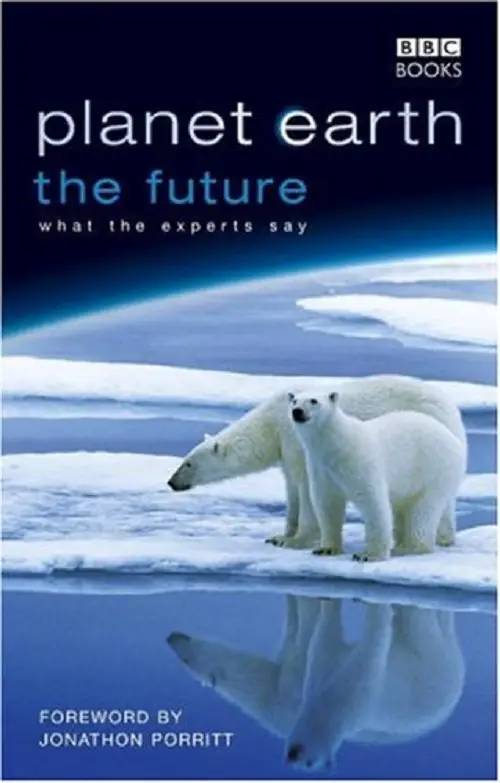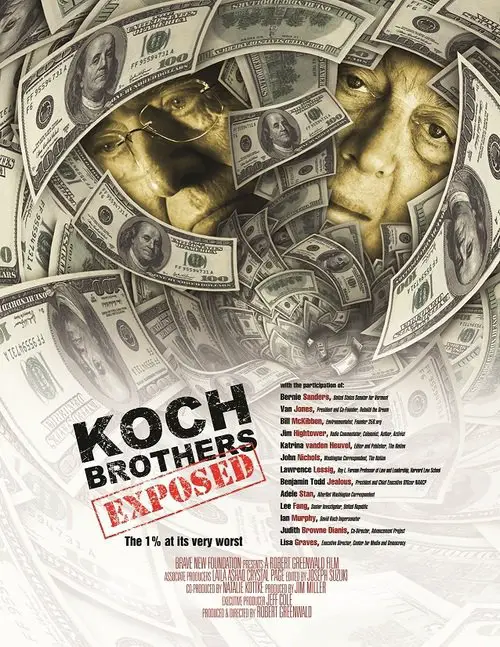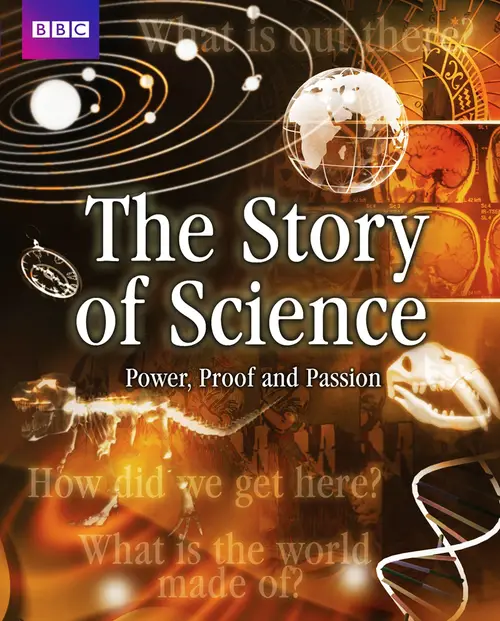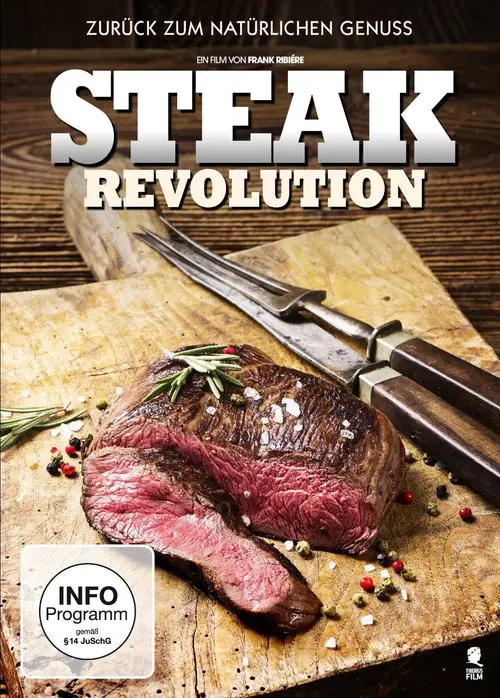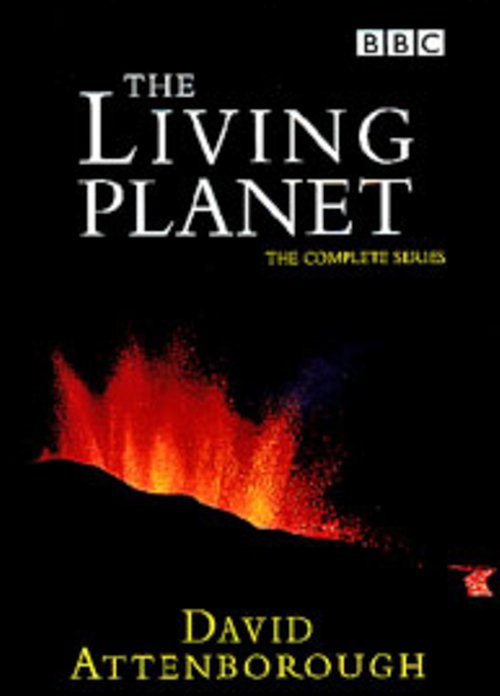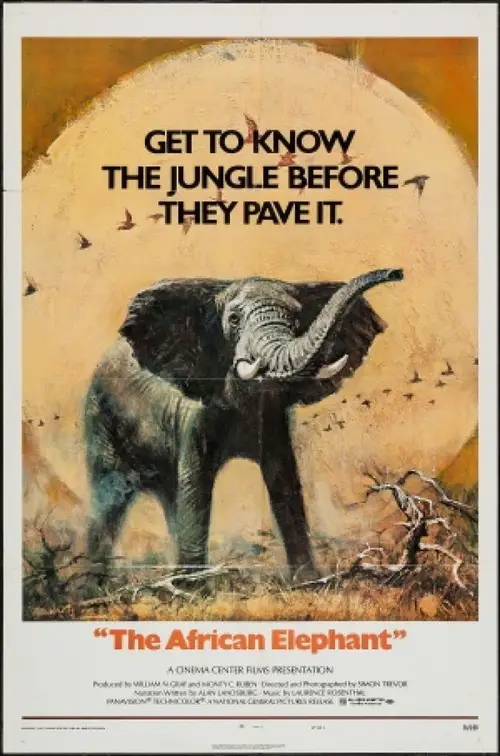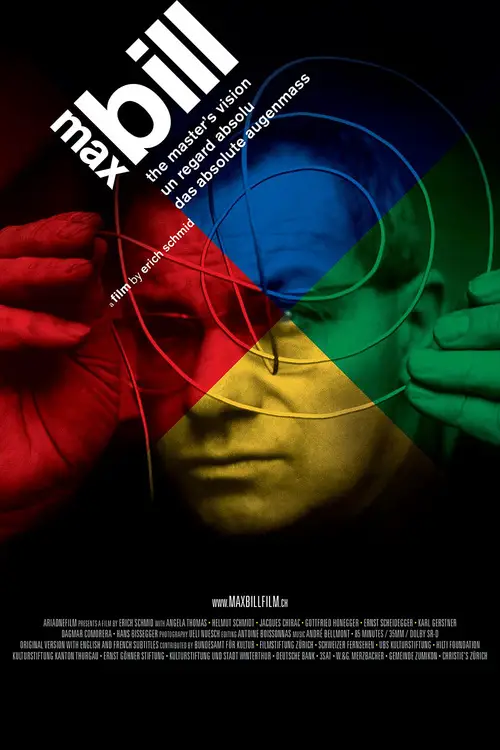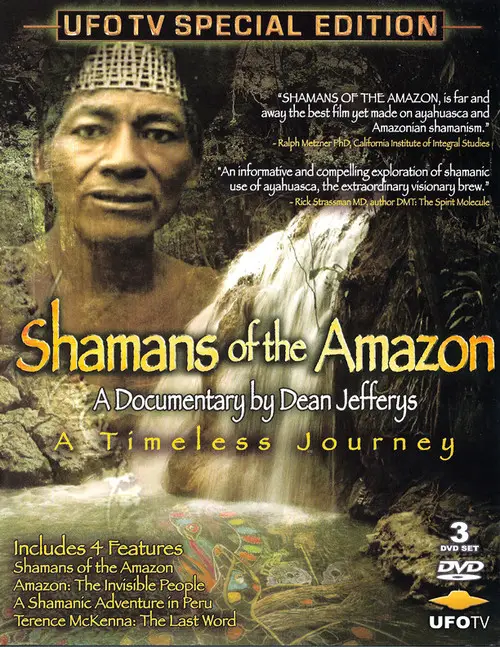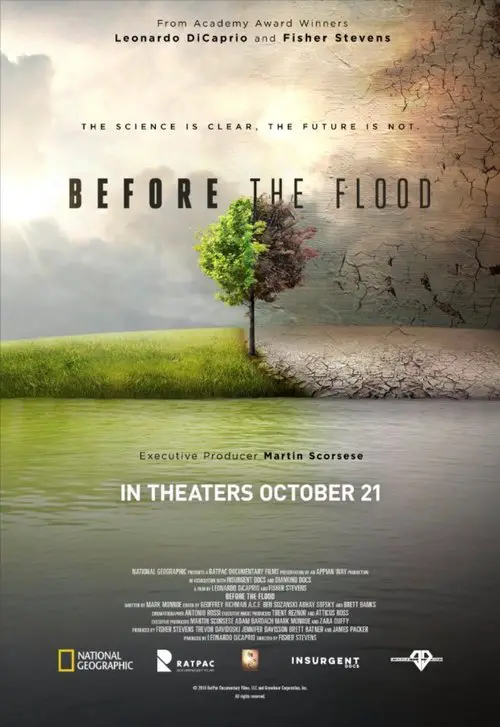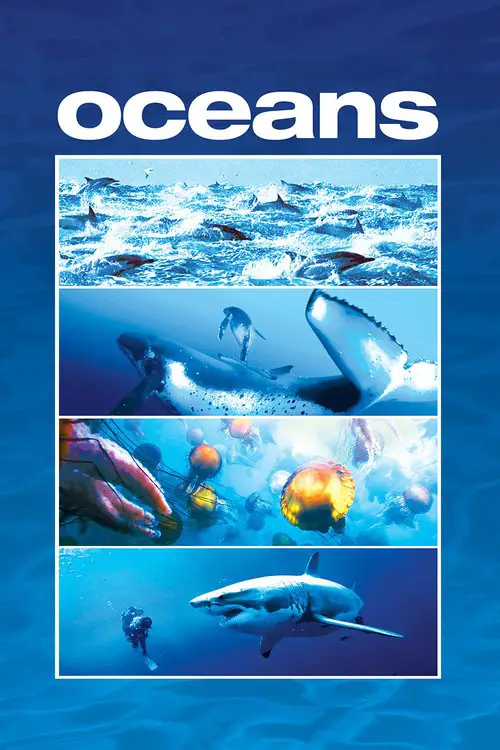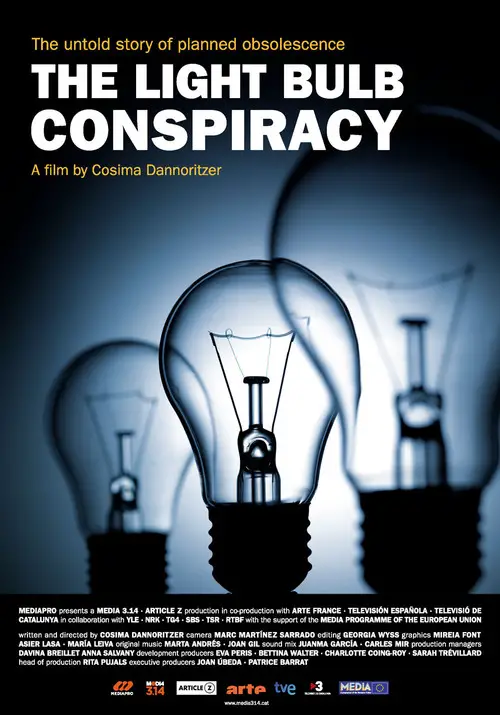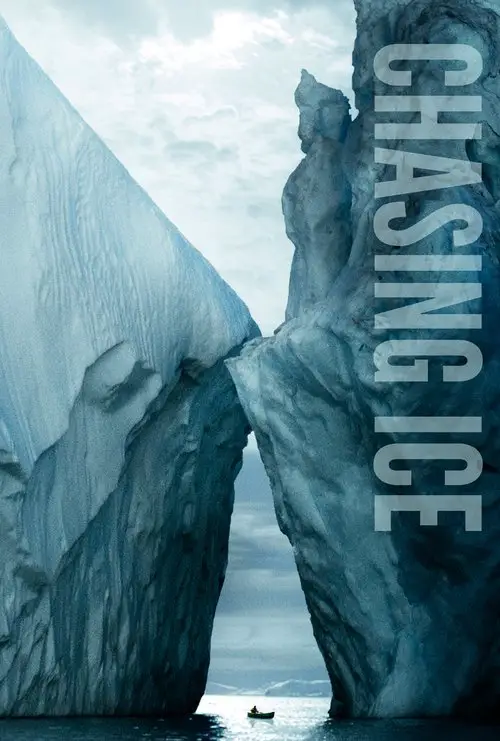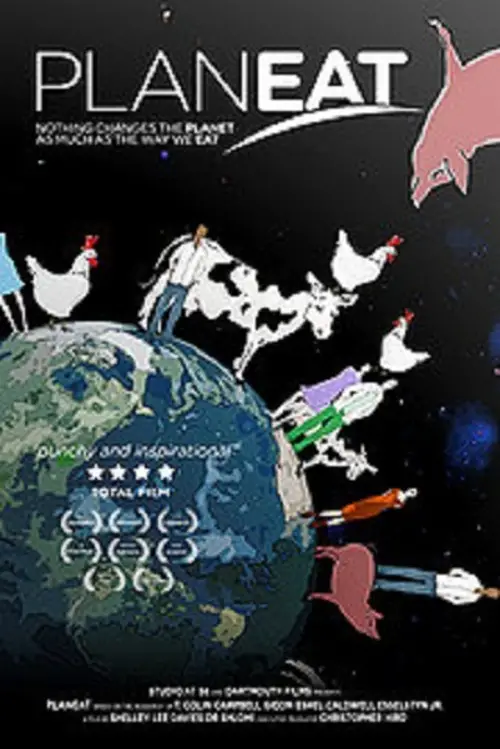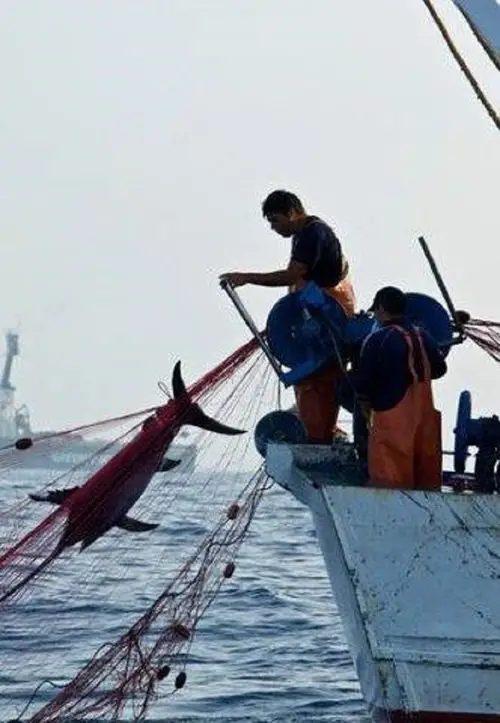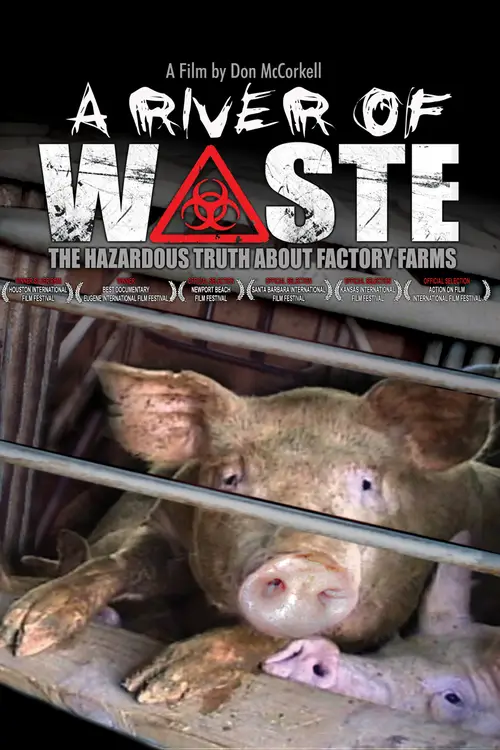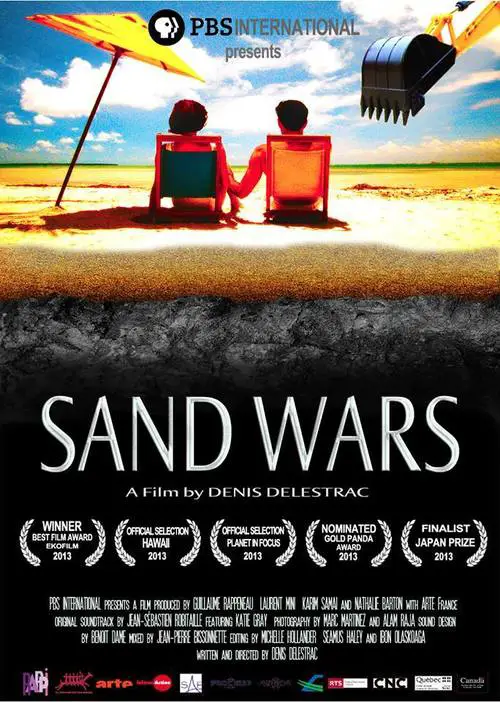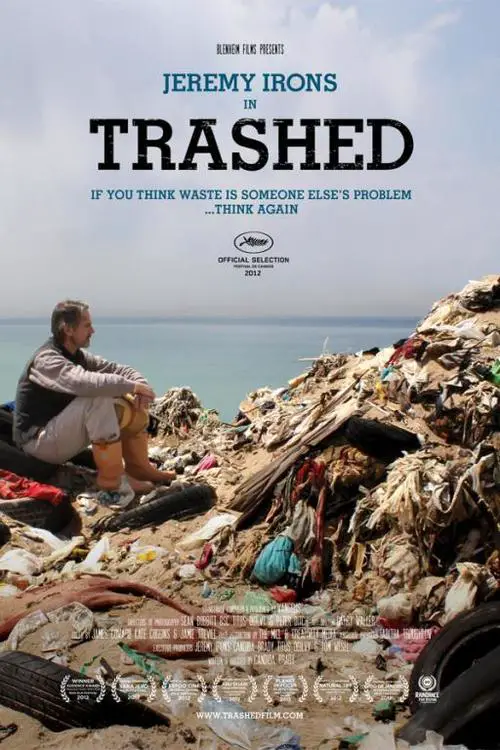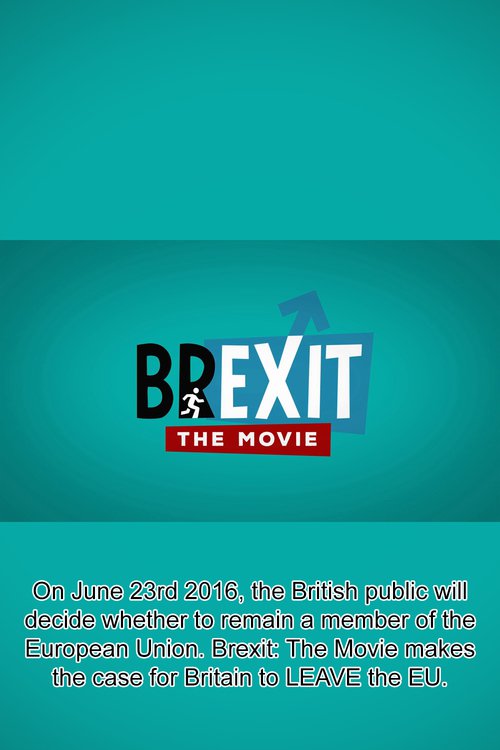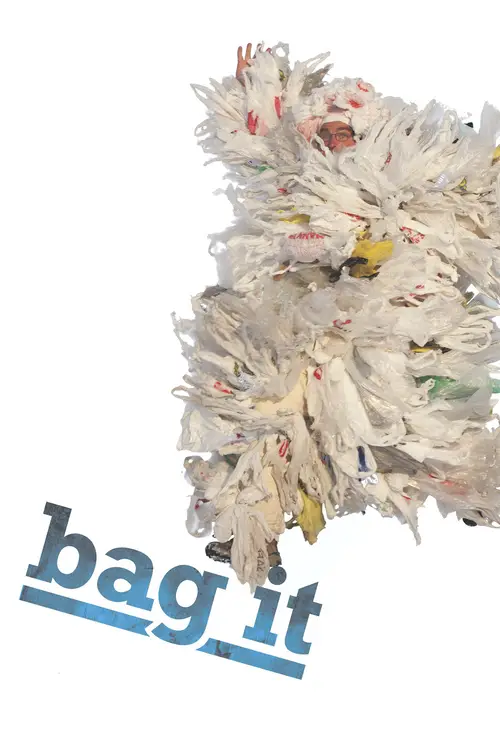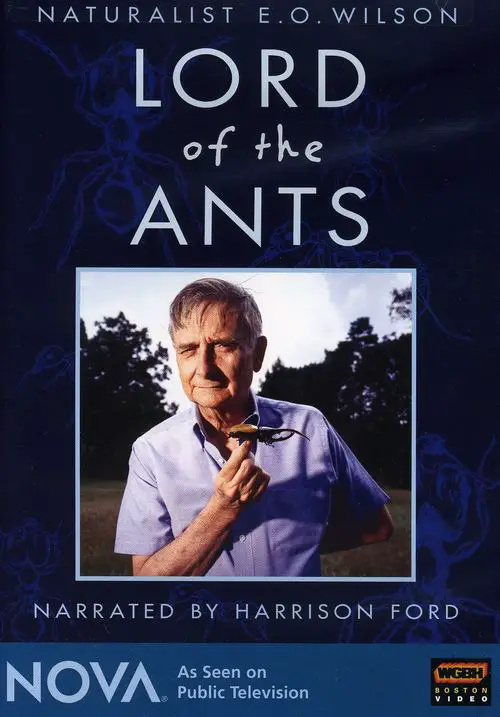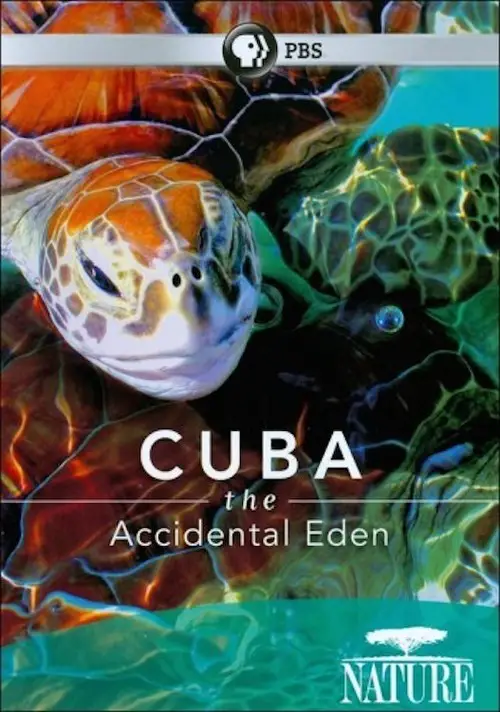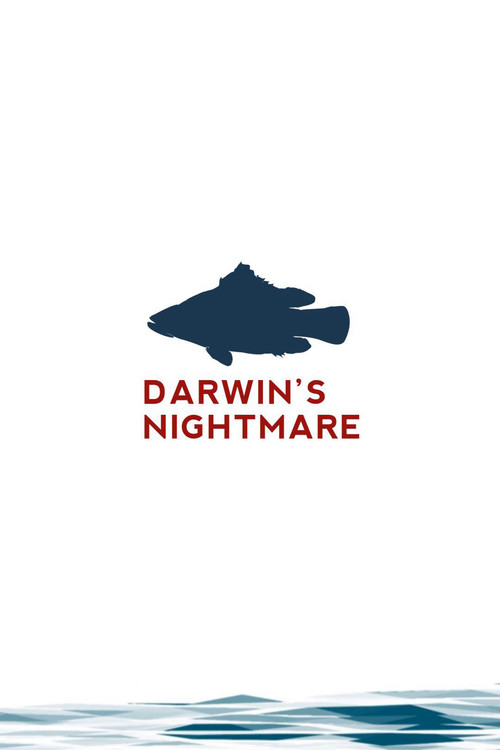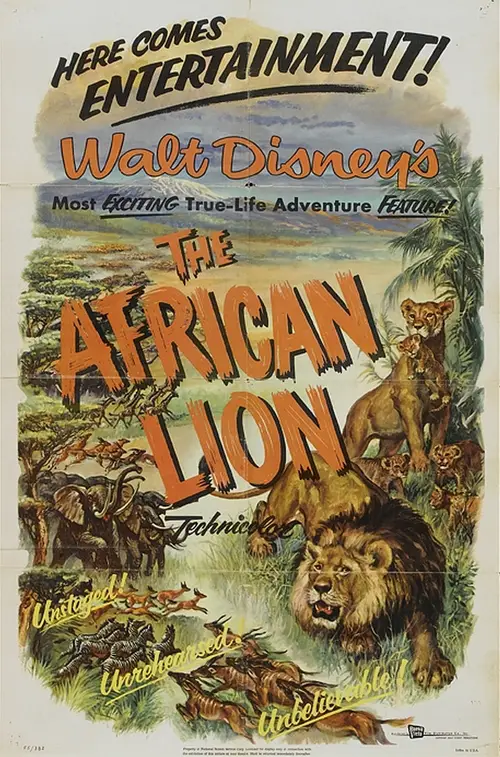The Man Who Wanted to Change the World (2016)
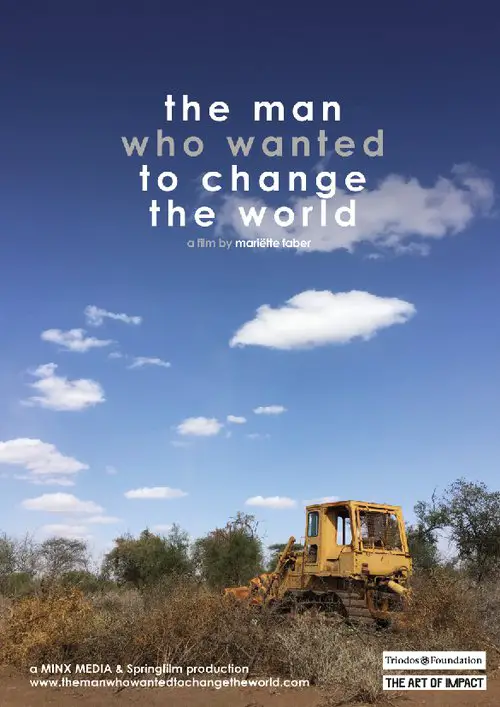
Similar movies
Humanityâs ascent is often measured by the speed of progress. But what if progress is actually spiraling us downwards, towards collapse? Ronald Wright, whose best-seller, âA Short History Of Progressâ inspired âSurviving Progressâ, shows how past civilizations were destroyed by âprogress trapsââalluring technologies and belief systems that serve immediate needs, but ransom the future. As pressure on the worldâs resources accelerates and financial elites bankrupt nations, can our globally-entwined civilization escape a final, catastrophic progress trap? With potent images and illuminating insights from thinkers who have probed our genes, our brains, and our social behaviour, this requiem to progress-as-usual also poses a challenge: to prove that making apes smarter isnât an evolutionary dead-end.
A look at the state of the global environment including visionary and practical solutions for restoring the planet's ecosystems. Featuring ongoing dialogues of experts from all over the world, including former Soviet Prime Minister Mikhail Gorbachev, renowned scientist Stephen Hawking, former head of the CIA R. James Woolse
Paradise or Oblivion is a free online documentary produced by the Venus Project. This documentary details the root causes of the systemic value disorders and detrimental symptoms caused by our current established system. The film advocates a new socio-economic system, which is updated to present-day knowledge, featuring the life-long work of Social Engineer, Futurist, Inventor and Industrial Designer Jacques Fresco, which he calls a Resource-Based Economy. Paradise or Oblivion by the Venus Project introduces the viewer to a more appropriate value system that would be required to enable this caring and holistic approach to hhuman civilisation. This alternative surpasses the need for a monetary-based, controlled scarcity environment we find ourselves in today.
'An Ecology of Mind' is a filmic portrait of anthropologist, biologist, and psychotherapist Gregory Bateson. Bateson believed that, 'The major problems in the world are the result of the difference between the way nature works and the way people think.' Seen through the relationship between father and daughter, this documentary is an invitation into 'systems thinking' and interrelationships in the natural world. 'Looking at what holds systems together is a radical step toward sewing the world back together, from the inside.'
In the valleys of Appalachia, a battle is being fought over a mountain, the consequences of which affect every American; it's a battle that has taken innocent lives and threatens to take more. It is a battle over protecting our health and environment from the destructive power of Big Coal. Mining and burning coal is at the epicenter of America's struggle to balance its energy needs with environmental and health concerns. Nowhere is that concern greater than in Coal River Valley, West Virginia, where a small but passionate group of ordinary citizens are trying to stop Big Coal corporations, like Massey Energy, from continuing the devastating practice of Mountain Top Removal.
African Cats captures the real-life love, humor and determination of the majestic kings of the savanna. The story features Mara, an endearing lion cub who strives to grow up with her motherâs strength, spirit and wisdom; Sita, a fearless cheetah and single mother of five mischievous newborns; and Fang, a proud leader of the pride who must defend his family from a once banished lion.
Virunga in the Democratic Republic of the Congo is Africaâs oldest national park, a UNESCO world heritage site, and a contested ground among insurgencies seeking to topple the government that see untold profits in the land. Among this ongoing power struggle, Virunga also happens to be the last natural habitat for the critically endangered mountain gorilla. The only thing standing in the way of the forces closing in around the gorillas: a handful of passionate park rangers and journalists fighting to secure the parkâs borders and expose the corruption of its enemies. Filled with shocking footage, and anchored by the surprisingly deep and gentle characters of the gorillas themselves, Virunga is a galvanizing call to action around an ongoing political and environmental crisis in the Congo.
The documentary retraces the steps of Bruno Manser, a man from Switzerland who went to live with the indigenous tribe of the Penan in the Jungle of Borneo and endef up helping their struggle to defend their rainforest against greedy logging companies. The movie features original film, photo and voice recordings by Bruno Manser made in the 1980s, as well as new recordings showing how the life of the Penan has changed in just a few decades.
The struggle to eradicate apartheid in South Africa has been chronicled over time, but no one has addressed the vital role music plays in this challenge. This documentary by Lee Hirsch recounts a fascinating and little-known part of South Africa's political history through archival footage, interviews and, of course, several mesmerizing musical performances.
Today in the United States, by the simple acts of feeding ourselves, we are unwittingly participating in the largest experiment ever conducted on human beings. Each of us unknowingly consumes genetically engineered food on a daily basis. The risks and effects to our health and the environment are largely unknown. Yet more and more studies are being conducted around the world, which only provide even more reason for concern. We are the oblivious guinea pigs for wide-scale experimentation of modern biotechnology. GMO OMG tells the story of a fathers discovery of GMOs in relationship to his 3 young children and the world around him. We still have time to heal the planet, feed the world, and live sustainably. But we have to start now!
A look at man's relationship with Dirt. Dirt has given us food, shelter, fuel, medicine, ceramics, flowers, cosmetics and color --everything needed for our survival. For most of the last ten thousand years we humans understood our intimate bond with dirt and the rest of nature. We took care of the soils that took care of us. But, over time, we lost that connection. We turned dirt into something "dirty." In doing so, we transform the skin of the earth into a hellish and dangerous landscape for all life on earth. A millennial shift in consciousness about the environment offers a beacon of hope - and practical solutions.
Amanda (Marlee Maitlin) is a divorced woman who makes a living as a photographer. During the Fall of the year Amanda begins to see the world in new and different ways when she begins to question her role in life, her relationships with her career and men and what it all means. As the layers to her everyday experiences fall away insertions in the story with scientists, and philosophers and religious leaders impart information directly to an off-screen interviewer about academic issues, and Amanda begins to understand the basis to the quantum world beneath. During her epiphany as she considers the Great Questions raised by the host of inserted thinkers, Amanda slowly comprehends the various inspirations and begins to see the world in a new way.
If Michael Moore were a lady who went after companies who still produce plastic, when the Pacific Garbage Patch is now the size of the continental United States. This Pacific Ocean Trash Vortex by Hawai'i is a more serious issue than any war, economic, or ecologic crisis facing the planet today. We hereby document the process by which conscientious companies, some because of our encouragement, switch from plastic to a more sustainable alternative. A David and Goliath project by night; Sisyphus by day.
The atomic bomb, the specter of a global nuclear holocaust, and disasters like Fukushima have made nuclear energy synonymous with the darkest nightmares of the modern world. But what if everyone has nuclear power wrong? What if people knew that there are reactors that are self-sustaining and fully controllable and ones that require no waste disposal? What if nuclear power is the only energy source that has the ability to stop climate change?
The time has come for a ski film that stands for something. Join us as we unite spectacular cinematography with creative cinematic language to fuse our passion for skiing with our potential to help the environment. In bringing the planet to life and drawing parallels between our daily existence, we find common ground between the global situation and the real individual. Epic natural cinematography, ground breaking skiing from Chile to Greenland, and an environmental engagement that creates an accessible identification point for the viewer, leaving them with an inspiring new perspective.
This documentary takes the viewer on a deeply personal journey into the everyday lives of families struggling to fight Goliath. From a family business owner in the Midwest to a preacher in California, from workers in Florida to a poet in Mexico, dozens of film crews on three continents bring the intensely personal stories of an assault on families and American values.
A Chadian film director who lives and works in France (Haroun) returns home upon the death of his mother. He is shocked at the degraded state of the country and the national cinema. The filmmaker decides to make a film dedicated to his mother entitled Bye Bye Africa but immediately encounters major problems. Cinemas have closed and financing is impossible to secure. The director reunites with an old girlfriend (Yelena), who was shunned by Chadians who could not distinguish between film and reality after appearing in one of his previous films as an HIV victim. Haroun learns about the destruction of the African cinema from directors in neighboring countries, but also finds Issa Serge Coelo shooting his first film, Daressalam. Things go badly and, convinced that it is impossible to make films in Africa, Haroun departs Chad in despair, leaving his film camera to a young boy who had been assisting him.
A feature length documentary which invites the viewer to rediscover an enchanted cosmos in the modern world by awakening to the divine within. The film examines the re-emergence of archaic techniques of ecstasy in the modern world by weaving a synthesis of ecological and evolutionary awareness,electronic dance culture, and the current pharmacological re-evaluation of entheogenic compounds.
FIRST EARTH is a documentary about the movement towards a massive paradigm shift for shelter - building healthy houses in the old ways, out of the very earth itself, and living together like in the old days, by recreating villages. An audiovisual manifesto filmed over the course of 4 years and 4 continents, FIRST EARTH makes the case that earthen homes are the healthiest housing in the world; and that since it still takes a village to raise a healthy child, it is incumbent upon us to transform our suburban sprawl into eco-villages, a new North American dream.
Planet Earth: The Future is a 2006 BBC documentary miniseries on the environment and conservation, produced by the BBC Natural History Unit as a companion to the multi-award winning nature documentary Planet Earth. The programmes were originally broadcast on BBC Four immediately after the final three episodes of Planet Earth on BBC One. Each episode highlights the conservation issues surrounding some of the species and environments featured in Planet Earth, using interviews with the film-makers and eminent figures from the fields of science, conservation, politics, and theology. The programmes are narrated by Simon Poland and the series producer was Fergus Beeley.
Koch Brothers Exposed is a hard-hitting investigation of the 1% at its very worst. This full-length documentary film on Charles and David Kochâtwo of the worldâs richest and most powerful menâis the latest from acclaimed director Robert Greenwald (Wal-Mart: the High Cost of Low Price, Outfoxed, Rethink Afghanistan). The billionaire brothers bankroll a vast network of organizations that work to undermine the interests of the 99% on issues ranging from Social Security to the environment to civil rights. This film uncovers the Kochsâ corruptionâand points the way to how Americans can reclaim their democracy.
Far from intensive farming and industrial output, a revolution is already under way; good red meat has become a rare, indeed, luxury product. But where is the world's best steak found? Franck Ribière and his favorite butcher, Yves-Marie Le Bourdonnec, generous, charming, and ecological, set out to meet the new players in the field to try to understand what makes a cut of meat good.
African Elephant originally played in theatres as King Elephant.. The film is a straightforward, well-photographed documentary concentrating on....well, look at the title. Avoiding the obvious, filmmaker Simon Trevor focuses on the more curious aspects of elephant life. In addition to the mighty pachyderm, we are given intriguing glimpses of other forms of African wildlife. African Elephant has no overt ecological ax to grind, but the preservationist message is there by implication.
The film about Max Bill (1908-1994) moves between the dynamic fields of art, aesthetics and politics. Max Bill was probably the most important swiss artist of the 20th century and the most famous student to come out of the legendary Bauhaus in Dessau. He was an ardent anti-fascist and all his avant-garde work as an artist, sculptor, architect and typographer showed a social responsibility and environmental awareness right through his life. His views have become incredibly topical.
In The Private Life of Plants, David Attenborough takes us on a guided tour through the secret world of plants, to see things no unaided eye could witness. He shows us the struggles of plants to survive in a story that is full of extraordinary drama and breath-taking beauty.Each programme in this six-part series focuses on one of the critical stages through which every plant must pass if it is to survive:- travelling, growing, and flowering; struggling with one another; creating alliances with other organisms both plant and animal; and evolving complex ways of surviving in the earth's most ferociously hostile environments.
SHAMANS OF THE AMAZON is a personal account of filmmaker Dean Jefferys as he returns to the Amazon with his partner and one year old daughter. They journey deep into the Ecuadorian rainforest to learn about and experience the ancient ayahuasca healing ceremony. The film brings to the viewer an intimate and fascinating look at the shamans of the Amazon, and the life that is threatened by ecological destruction.
Once upon a time... consumer goods were built to last. Then, in the 1920âs, a group of businessmen realized that the longer their product lasted, the less money they made, thus Planned Obsolescence was born, and manufacturers have been engineering products to fail ever since.
Combining investigative research and rare archive footage with analysis by those working on ways to save both the economy and the environment, this documentary charts the creation of âengineering to failâ, its rise to prominence and its recent fall from grace.
When National Geographic photographer James Balog asked, âHow can one take a picture of climate change?â his attention was immediately drawn to ice. Soon he was asked to do a cover story on glaciers that became the most popular and well-read piece in the magazine during the last five years. But for Balog, that story marked the beginning of a much larger and longer-term project that would reach epic proportions.
From space, our planet appears as a tiny blue dot in the vastness of space. Blue, because 99% of all living space on Earth occurs in the Ocean. But the seas are under threat. The industrialization that has occurred in the oceans over the last century mirrors the events that triggered mass extinctions on land. As we learn of the ecological crimes occurring worldwide, we also uncover the shocking truths happening on our own shorelines.
This documentary tells details how the practice wreaks havoc on the environment and on consumers' health. Through disturbing footage and interviews with experts, director Don McCorkell paints a disturbing portrait of a food system that uses hormones, antibiotics and arsenic to increase its output with little regard for the damage it causes.
Trashed - looks at the risks to the food chain and the environment through pollution of our air, land and sea by waste. The film reveals surprising truths about very immediate and potent dangers to our health. It is a global conversation from Iceland to Indonesia between the film star Jeremy Irons and scientists, politicians and ordinary individuals whose health and livelihoods have been fundamentally affected by waste pollution. Visually and emotionally the film is both horrific and beautiful: an interplay of human interest and political wake-up call. But it ends on a message of hope: showing how the risks to our survival can easily be averted through sustainable approaches that provide far more employment than the current 'waste industry.'
A feature-length documentary to show why Britain should vote to LEAVE the EU - and would thrive outside of it. Brexit: The Movie spells out the danger of staying part of the EU. Is it safe to give a remote government beyond our control the power to make laws? Is it safe to tie ourselves to countries which are close to financial ruin, drifting towards scary political extremism, and suffering long-term, self-inflicted economic decline?
Why do 11,000 people die in America each year at the hands of gun violence? Talking heads yelling from every TV camera blame everything from Satan to video games. But are we that much different from many other countries? What sets us apart? How have we become both the master and victim of such enormous amounts of violence? This is not a film about gun control. It is a film about the fearful heart and soul of the United States, and the 280 million Americans lucky enough to have the right to a constitutionally protected Uzi. From a look at the Columbine High School security camera tapes to the home of Oscar-winning NRA President Charlton Heston, from a young man who makes homemade napalm with The Anarchist's Cookbook to the murder of a six-year-old girl by another six-year-old, Bowling for Columbine is a journey through America, through our past, hoping to discover why our pursuit of happiness is so riddled with violence.
An average guy makes a resolution to stop using plastic bags at the grocery store. Little does he know that this simple decision will change his life completely. He comes to the conclusion that our consumptive use of plastic has finally caught up to us, and looks at what we can do about it. Today. Right now.
Cuba's political and economic exile has yielded a startling upside: A pristine island preserve boasting one of the most diverse and primordial ecosystems in the region. But how will nature fare if the U.S. trade embargo ends and tourists pour in? This episode of the PBS series observes jumping crocodiles, painted snails and other famed residents while profiling the unsung scientists who are studying and protecting the creatures' idyllic habitats.
Werner Herzogâs documentary film about the âGrizzly Manâ Timothy Treadwell and what the thirteen summers in a National Park in Alaska were like in one manâs attempt to protect the grizzly bears. The film is full of unique images and a look into the spirit of a man who sacrificed himself for nature.
© Valossa 2015–2026
| Privacy Policy
